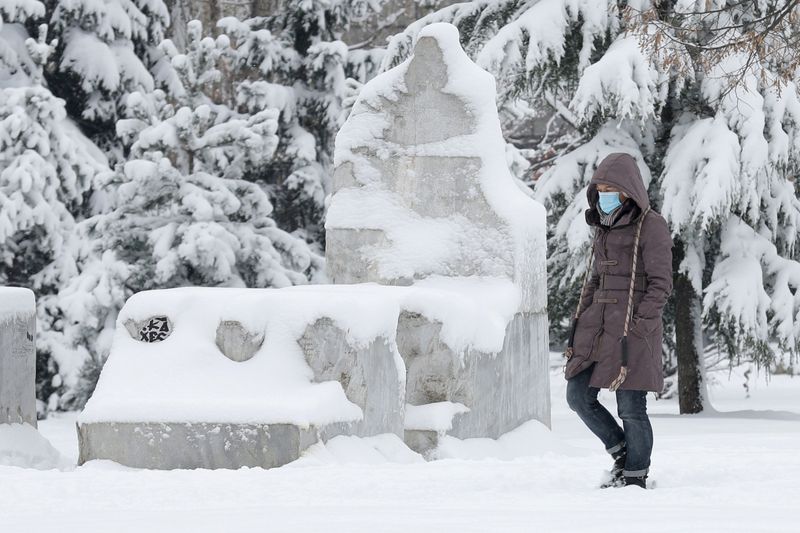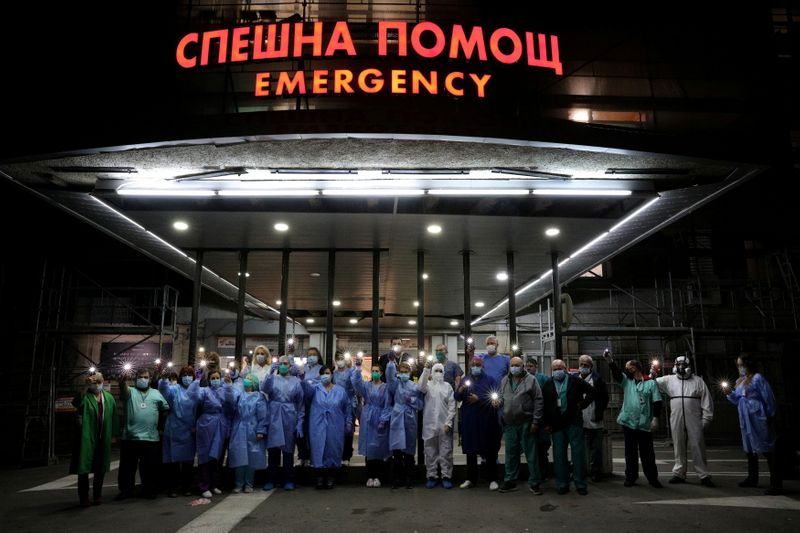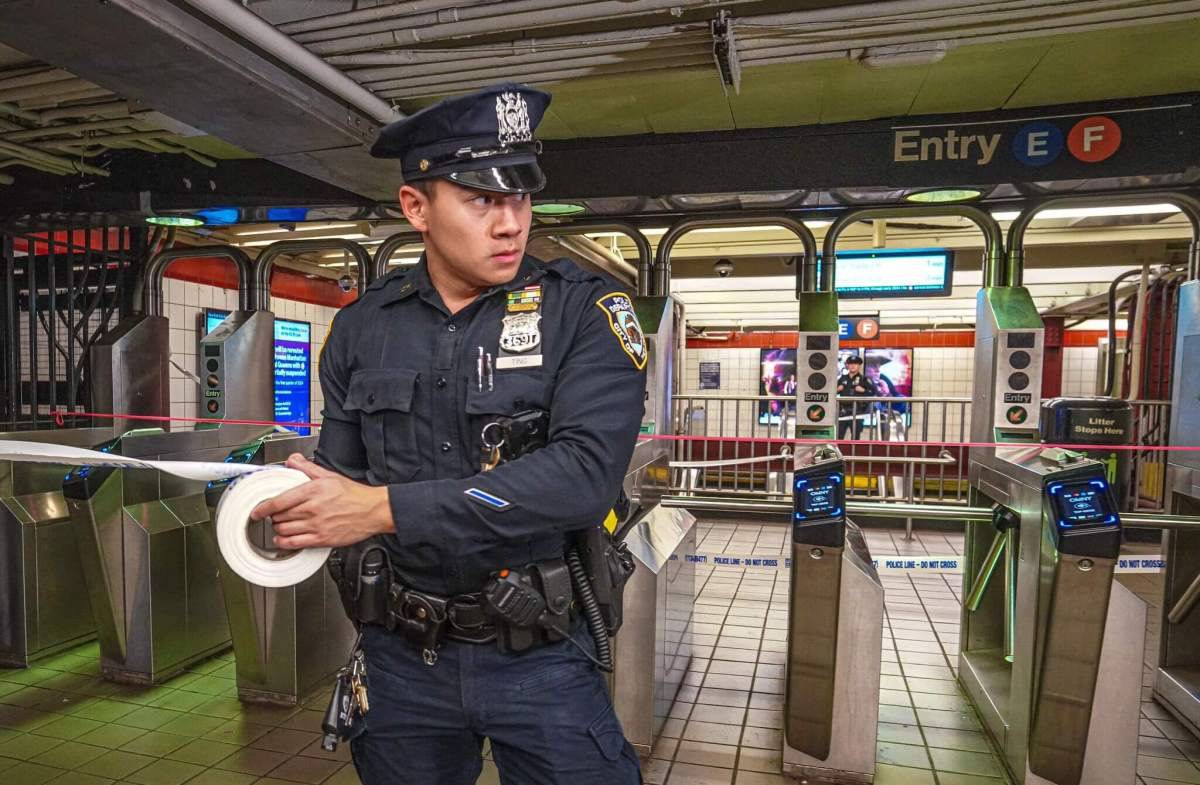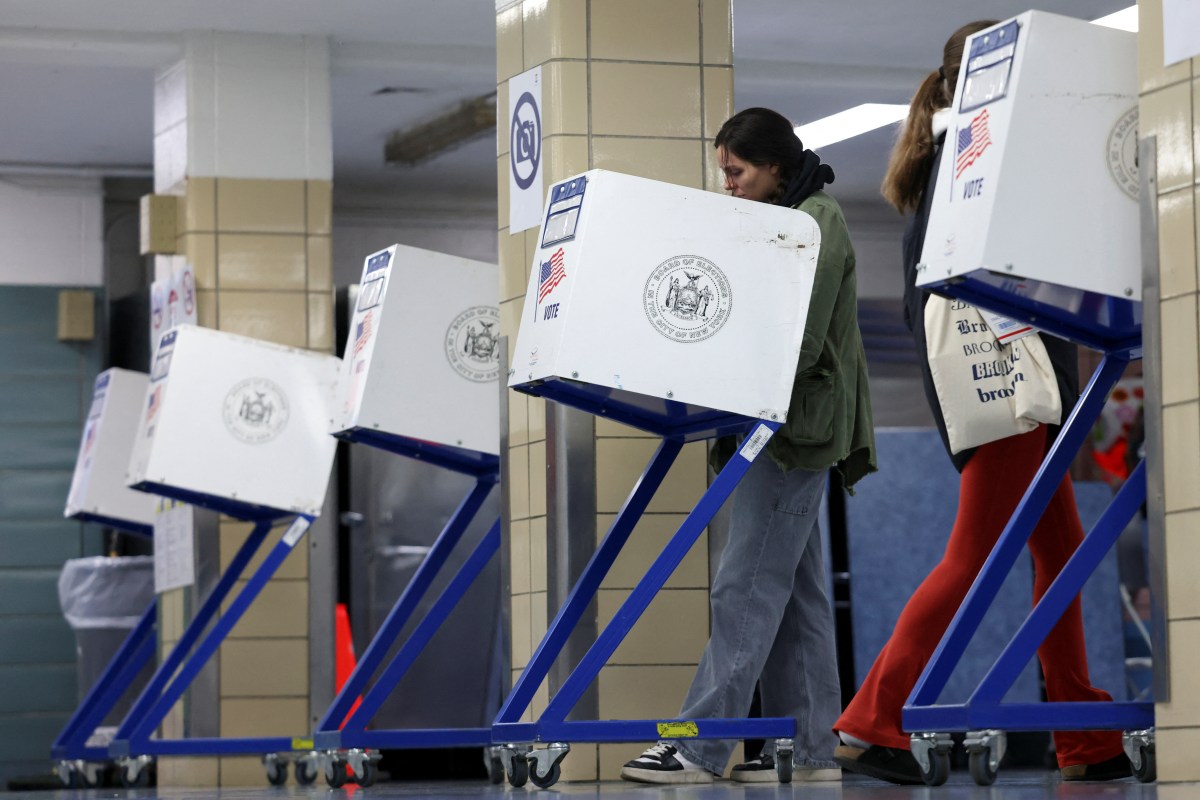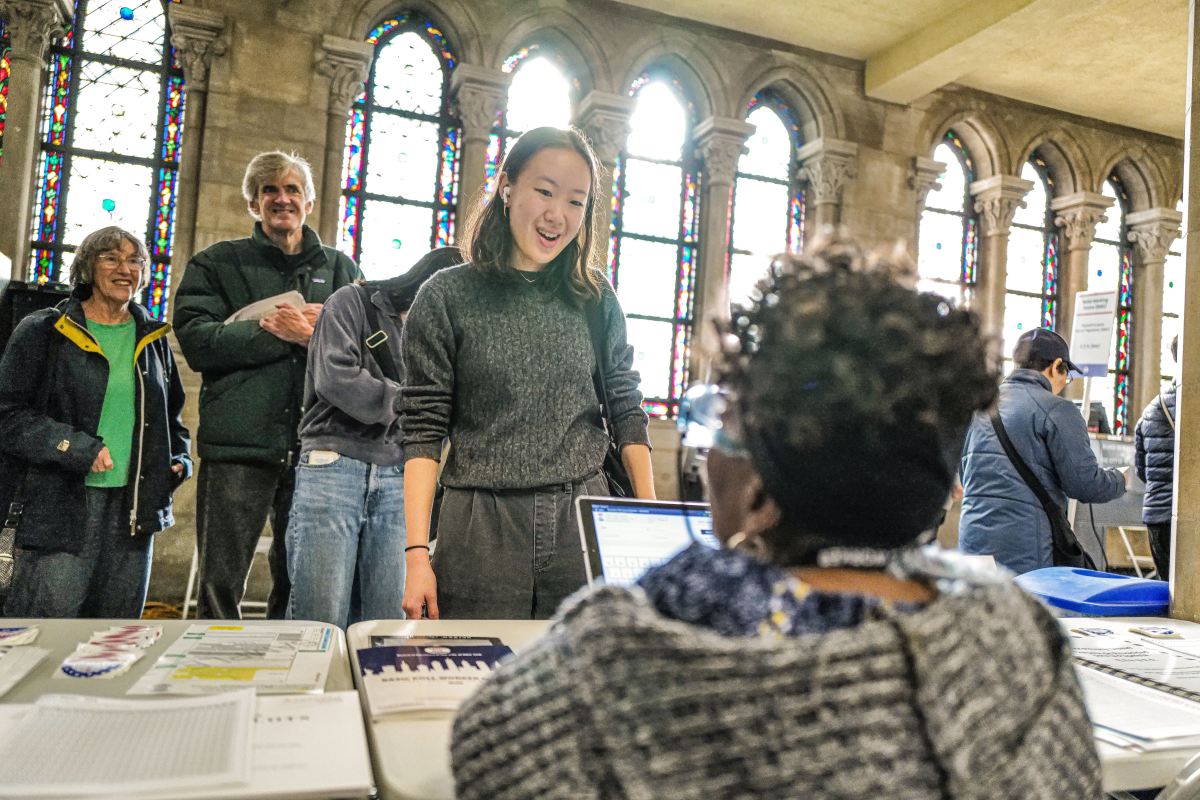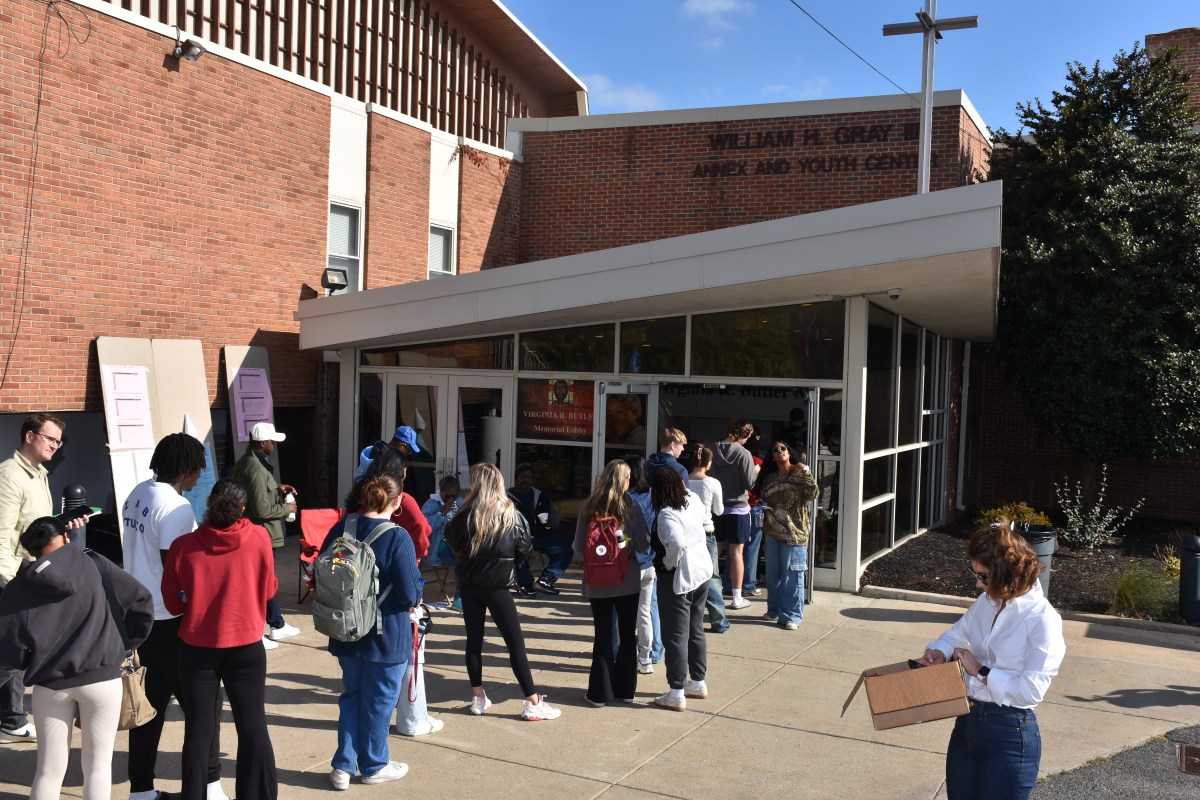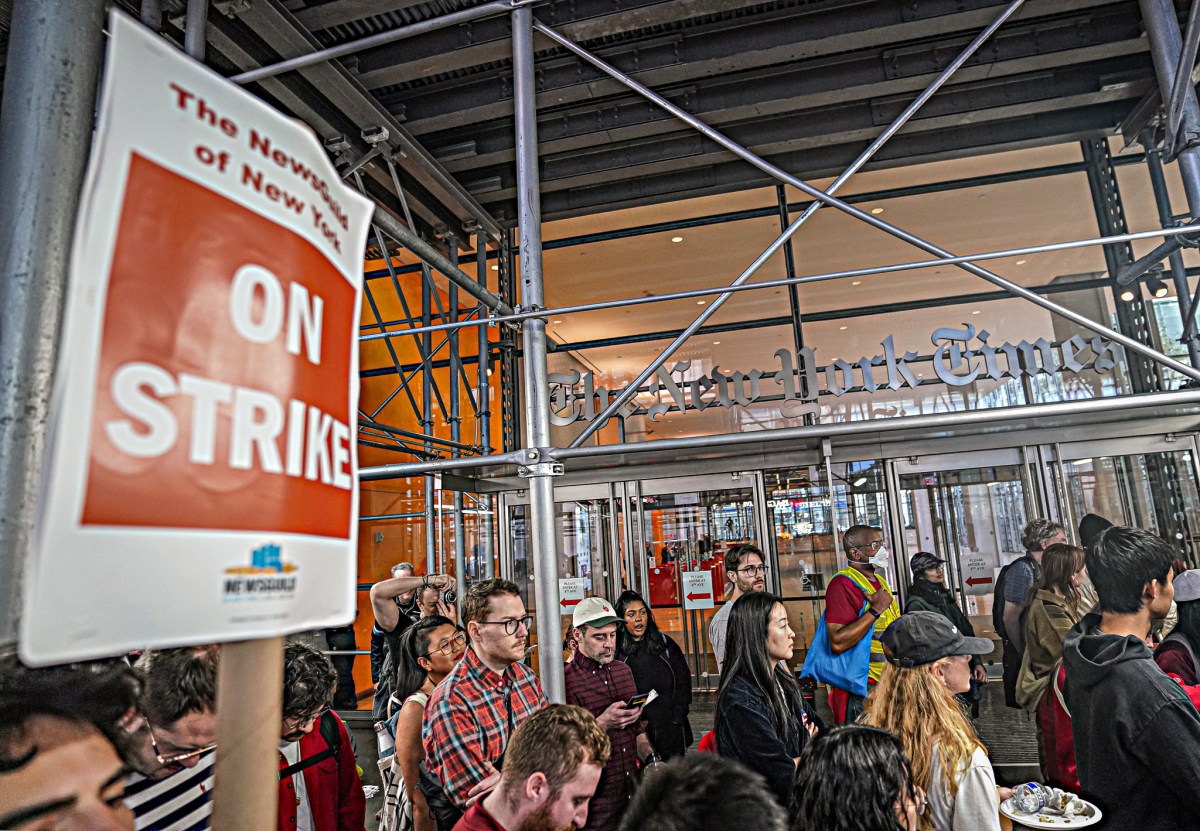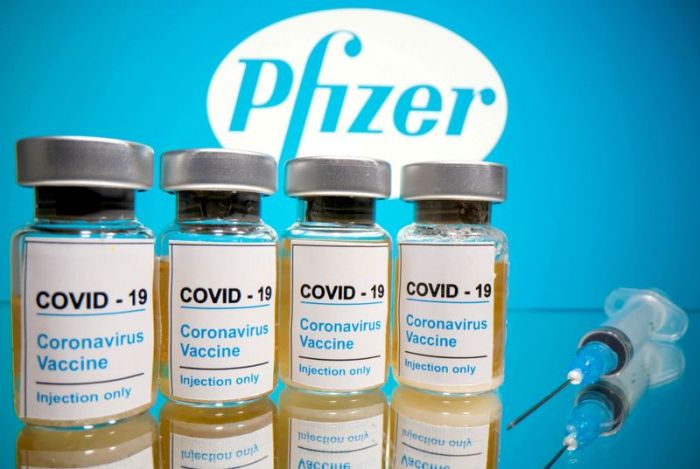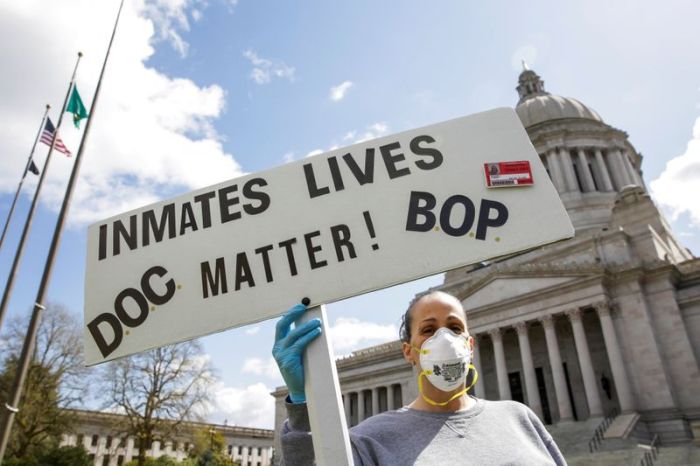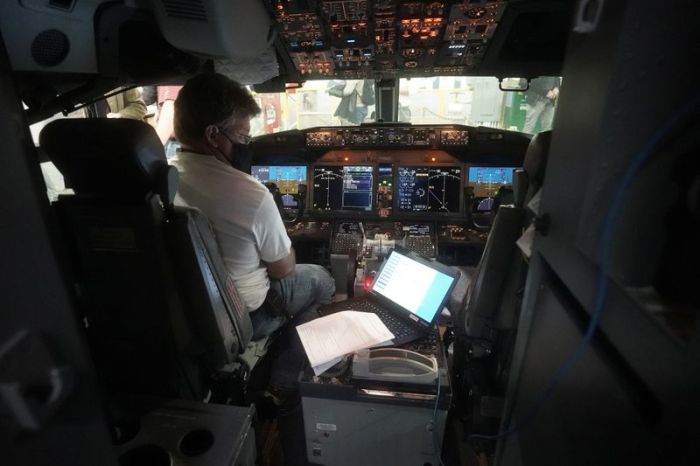SOFIA (Reuters) – Bulgaria will keep secondary schools, shopping malls, cafes, gyms and restaurants closed until the end of January to contain coronavirus infections that have strained the country’s poorly funded healthcare system, its health minister said on Thursday.
The restrictions, which were due to end on Dec. 21, have helped curb a surge in infections but the country of 7 million people still has one of the highest per capita COVID-19 death rates in the European Union.
Bulgaria reported 1,959 new cases on Thursday, bringing the total to 186,246 with 6,196 deaths. More than 7,000 people were in hospital. While 18,907 people have been cured in the past week, more than half the COVID-19 hospital beds were occupied on average, ministry data showed.
“I do not want Bulgarians to be cured. I want them to be healthy and that is the aim of the restrictions … the price which we are not ready to pay is the price for lost human lives,” Health Minister Kostadin Angelov told a news conference.
Nightclubs and casinos will stay shut and organised tourist visits banned until Jan. 31, though individual tours remain possible.
In a bid to help salvage hard-hit winter tourism, restaurants at hotels will reopen for guests on Dec. 22, but they can only use 50% of their capacity and must shut at 10 p.m. to avoid large parties, Angelov said.
Kindergartens and primary schools will reopen after the New Year holidays.
Bulgaria’s chief health inspector said the country was ready to start COVID-19 vaccinations once they are approved in the EU, and expressed hopes that inoculations of frontline medics could start this year.
Like other countries, Bulgaria’s small and open economy has been hard hit by the pandemic. The centre-right government said it has prepared over 1.1 billion levs ($688 million) to support struggling small and medium businesses and protect jobs.
($1 = 1.5994 leva)
(Reporting by Tsvetelia Tsolova; Editing by Alex Richardson, Peter Graff and David Clarke)

